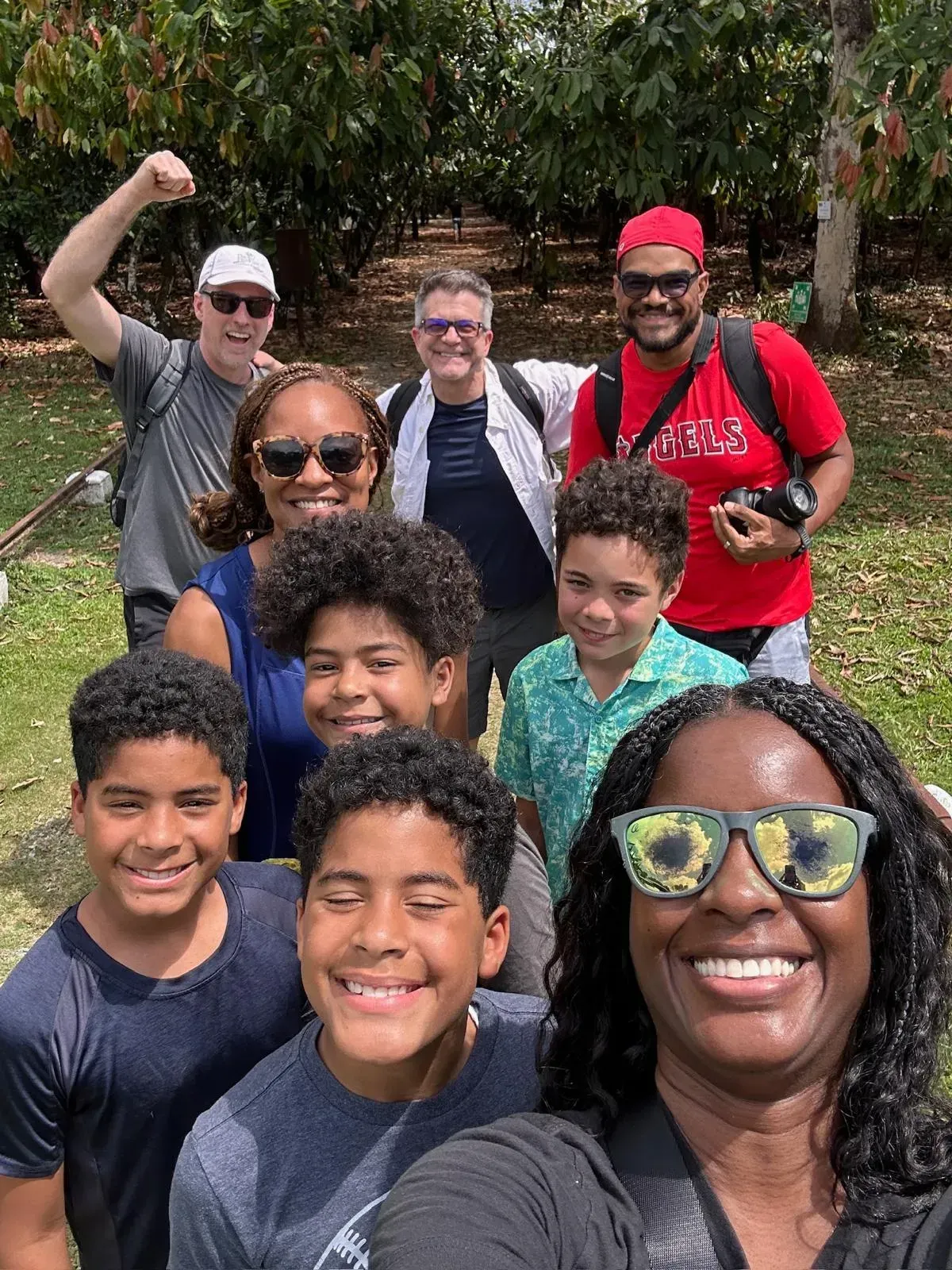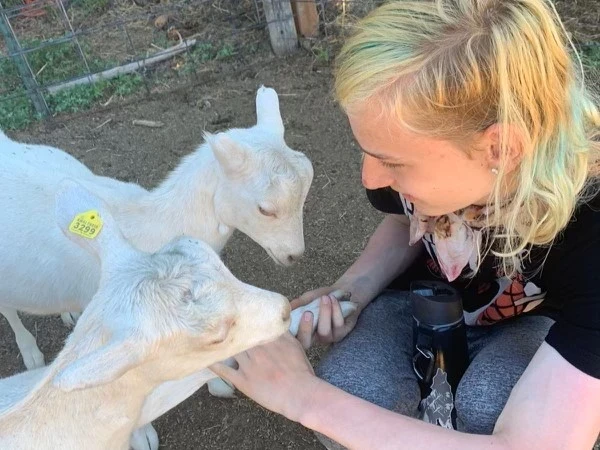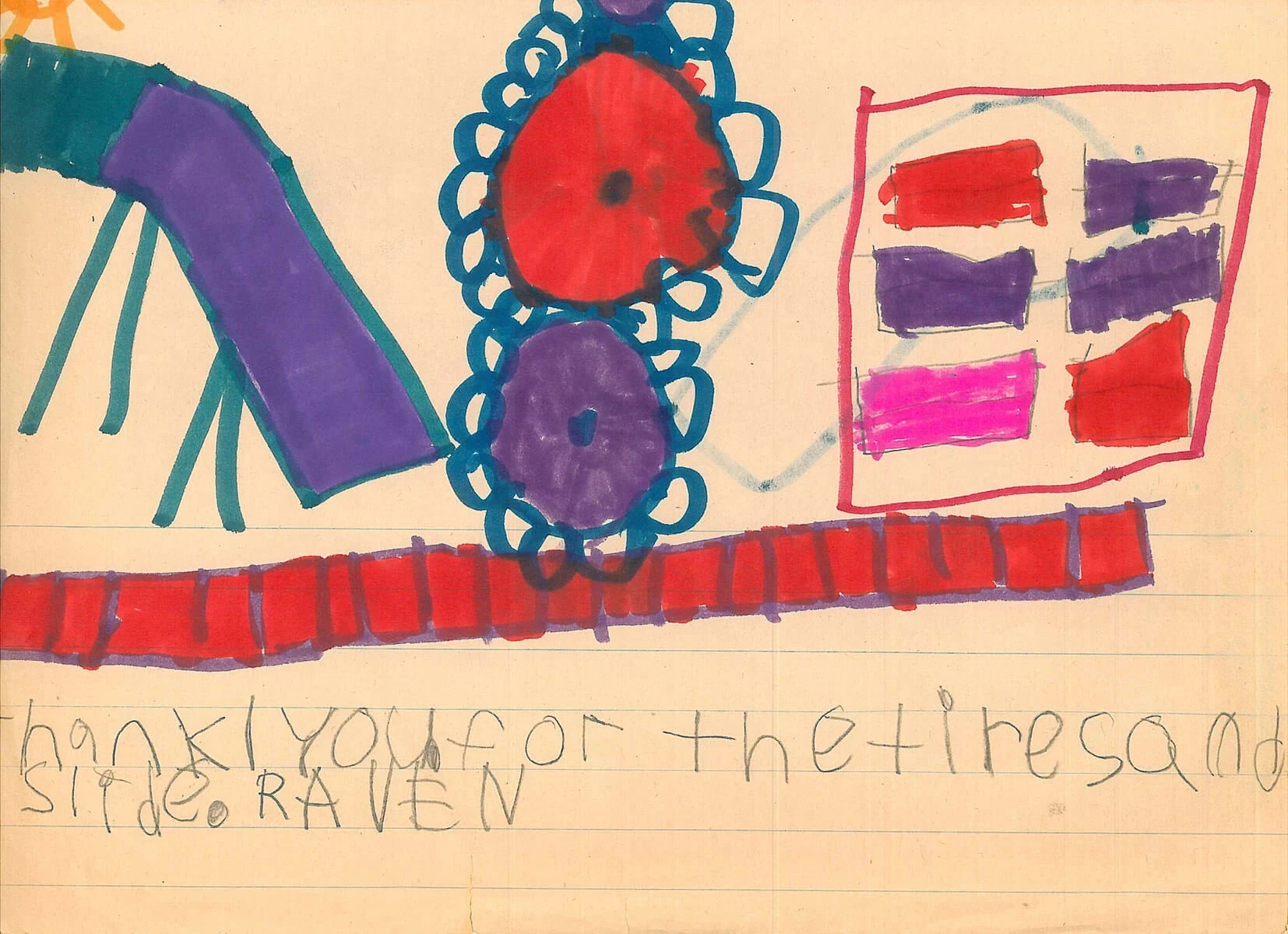In February the youth organization of B’nai Jeshurun Synagogue in New York City took a week out of busy academic schedules to construct a long-anticipated water system in the northern Nicaragua community of Chaguite Grande. Before describing the community members’ and teen volunteers’ efforts in Nicaragua, the Western Hemisphere’s second poorest nation behind Haiti, let’s first take a look at issues surrounding water on our planet. According to the nonprofit Water.org and statistics from the World Health Organization:
-
3.575 million people die each year from water-related disease; 98% in the developing world.
-
84% of water-related deaths are in children ages 0 – 14. Every 15 seconds, a child dies from a water-related disease.
-
884 million people lack access to safe water supplies, approximately 1 in 8 people.
-
At any given time, patients suffering from a water-related disease occupy half of the world’s hospital beds.
-
An American taking a five-minute shower uses more water than the typical resident of a developing country slum uses in a whole day.
-
About a third of people without access to an improved water source live on less than $1 a day. More than two thirds of people without an improved water source live on less than $2 a day. [The average daily salary for workers in Chaguite Grande, Nicaragua is $2.]
-
Poor people living in a city’s slums often pay 5-10 times more per liter of water than wealthy people living in the same city.
-
Millions of women and children spend several hours a day collecting water from distant, often polluted sources.
And more:
- On average, every US dollar invested in water and sanitation provides an economic return of US$ 8 dollars. (UN Health Development Report)
- Other estimated economic benefits of investing in drinking water and sanitation:
- 272 million school attendance days a year
- 1.5 billion healthy days for children under five years of age
For the village of Chaguite Grande potable water, let alone running water, has been as elusive as poverty is pervasive. Roughly 10 miles from VISIONS’ base in Jinotega, Chaguite Grande has faced water issues in various forms for many years. Before completion of the new water system, a basic and broken piping system served about one-third of the community–sometimes with water running, sometimes without. The other two-thirds of community residents usually made the long walk to the river, buckets in hand, and only used water for essentials. Laundry is done at the river, which also receives agricultural runoff. AVODEC is VISIONS’ nonprofit partner in Nicaragua, a grass roots organization that addresses clean water and agrochemical education, aiming to provide a multi-faceted and holistic approach to poverty and health issues.
The goal of the February service project in Chaguite Grande was to bring water — potable, fresh spring water — to the entire community in a way that maintains and sustains the precious resource for future generations. In the weeks and months prior to the volunteers’ arrival, VISIONS set plans in motion with AVODEC, whose engineers and field representatives presented to Chaguite Grande three options for building the water system.
The community leadership team ultimately chose the option that provides water by serving the entire community’s households divided into three different groups with three specific times throughout the day and utilizing two natural springs. Another option, not chosen, was to construct two piping systems, one from each spring, which would serve all households all day long. The concern about this option was that one spring could dry up, and so community members opted instead to have shorter periods of running water but with the added security of drawing from two springs for one piping system.
Plans for the ambitious service project were finalized after AVODEC, a VISIONS program director, and a team of Chaguite Grande residents walked the route for the trench lines, stopping at homes along the way that averaged in size 20 ft. x 25 ft., speaking with each family, seeking final input and buy-in from each village household. Later, during the service program, the high school volunteers, along with Rabbi Marcelo Bronstein, visited some of these households to introduce themselves, share stories, ask questions, and gain a window into lives so welcoming, eyes so curious and smiles wide as can be.
Community members participated in this project to the fullest extent possible. The kilometer of trench to be dug was divided into equal stretches, designated as each household’s responsibility. Down the line of digging with shovels and pick axes, and then eventually laying pipe, were 2 to 4 local people for each teen volunteer. Sharing tools, joining muscle and mental strength, and eventually getting 2 feet deep by 1 km long stretches dug and piped, the students and people of Chaguite Grande created a functioning potable water system for this tiny village in northern Nicaragua.
Read more about VISIONS community service programs. To see pictures of the custom program with teen volunteers from B’nai Jeshurun, go to our Facebook Page.






